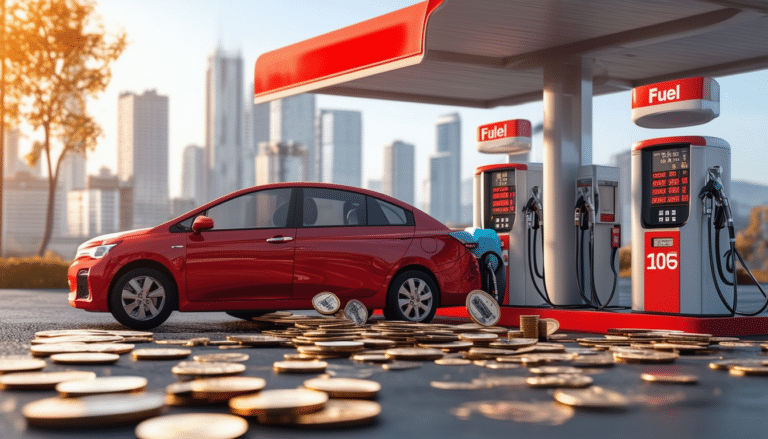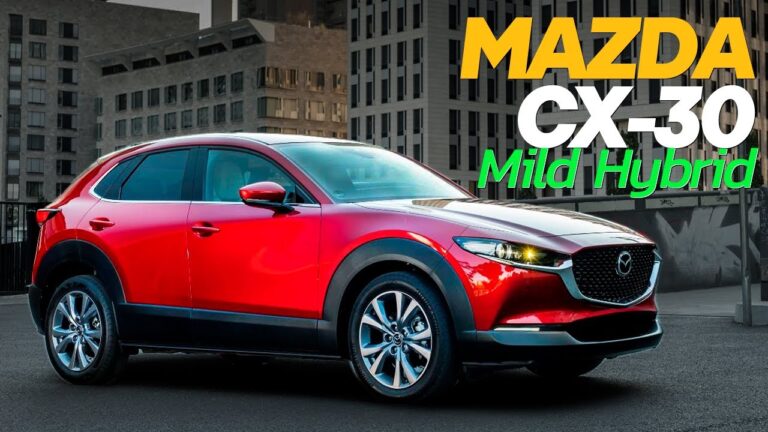Los operadores de recarga ampliarán significativamente la red de estaciones de carga rápida en Francia, pero con una condición clave
In a context where electric mobility is gaining increasing prominence, charging operators in France have decided to join forces to carry out a significant expansion of the rapid charging station network. However, this ambitious project is subject to a crucial condition: the need for a stable regulatory framework that ensures sustainable investments in quality infrastructure. As the demand for electric vehicles continues to rise, this advancement aims not only to improve infrastructure but also to promote a shift towards more sustainable mobility.
Charging operators unite to expand electric infrastructure
The association of charging operators in France has begun to take significant steps towards expanding an extensive network of rapid charging stations for electric vehicles. However, this crucial development is conditioned on a stable regulatory environment that encourages sustainable investments in the future. By 2024, France has already surpassed 150,000 charging points, positioning it as one of the most advanced countries in this field, but challenges remain.
Charge France: a unified initiative
To structure the charging ecosystem, thirteen major operators have formed the association Charge France. This union aims to coordinate efforts and create a network of infrastructure that is not only extensive but also efficient. Participants such as Allego, Chargepoint, and IONITY focus on providing ultra-fast charging, essential to convince more drivers to adopt electric vehicles, especially for long journeys.
Massive investment with a condition
To date, these companies have already invested over one billion euros in the French market, but they aim to raise this figure by an additional three billion euros by 2028. However, this expansion will depend on the existence of a stable regulatory framework that ensures the profitability of long-term investments. This has been emphasized by the members of Charge France, highlighting that any progress requires a favorable and predictable regulatory environment at both national and European levels.
Need for an increase in electric vehicle demand
The association also advocates for stronger support for the sale of electric vehicles. This includes the implementation of ambitious regulations that promote the use of electric cars through tax incentives. If this ‘demand shock’ does not occur, the expected growth in the number of electric vehicles could stall and, consequently, hinder the profitability of new charging stations.
Challenges in the use of charging stations
Despite the progress in infrastructure installation, there is significant concern regarding the utilization of the stations. Currently, the average usage is barely one charge per day per station, raising doubts about their economic viability. Charge France seeks to address this issue by advocating for regulations that include various incentives to increase the use of electric vehicles.
A call to action
The unified voice of Charge France presents itself as a necessity before public authorities and automobile manufacturers. Charging operators aim to achieve greater collaboration and propose that their investments be backed by coherent legislation that indicates a clear direction toward the complete electrification of the automotive fleet.
Expansion of Charging Infrastructure in France
The future of electric mobility in France is marked by the ambitious proposal of charging operators seeking to expand the rapid charging station network. This growth is vital to facilitate the transition to more sustainable vehicles and ensure that drivers have access to the energy they need for their journeys.
However, this crucial expansion depends on a key condition: regulatory stability. Without a clear and favorable regulatory framework, investment elements may be compromised, limiting the effectiveness of new charging points. Therefore, it is essential that both the private sector and governments collaborate to create a conducive environment that fosters this evolution.
Thus, the commitment of the operators aligns with the need for governmental support, ensuring an infrastructure that not only serves current users but also incentivizes future electric vehicle drivers.





